By Ray Bennett
LONDON – The great actor Paul Scofield, 1966 Oscar-winner for “A Man For All Seasons,” has died. He was 86. Reuters says he died peacefully at a hospital near his home in southern England, quoting his agent Rosalind Chato: “He had leukemia and had not been well for some time.”
Tributes will pour in for one of the finest stage and screen actors that Britain has ever produced. “Of the 10 greatest moments in the theatre, eight are Scofield’s,” Richard Burton once said.
Scofield gave a towering performance as Sir Thomas More in “A Man For All Seasons” with Robert Shaw as Henry VIII and Orson Welles as Cardinal Wolsey. Director Fred Zinnemann, screenwriter Robert Bolt, DP Ted Moore, and costume designers Elizabeth Haffenden and Joan Bridge also won Academy Awards to go with the best picture prize.
My favorite Scofield performances, however, were in two Burt Lancaster pictures, “The Train” (top picture) and “Scorpio” (below).
In John Frankenheimer’s “The Train” (1964) he plays a German colonel who tries to steal French art treasures with Lancaster as the resistance railwayman trying to thwart him. Shot in black and white by Jean Tournier and Walter Wottiz (Oscar-winner for the black-and-white “The Longest Day”) with incisive music by Maurice Jarre, it’s a marvelously tense battle of wits with the two leads matching each other in intensity.
Michael Winner’s “Scorpio” (1973) was an underrated spy thriller about an ageing CIA agent named Cross (Lancaster) set to be eliminated by a cold-blooded assassin called Scorpio (Alain Delon). As in many of his better films, Winner had the good sense to allow fine actors to simply do their stuff.
Filmed atmospherically in Washington, Paris and Vienna, with a good score by Jerry Fielding, the screenplay by David W. Rintels and Gerald Wilson includes a fabulous scene in which Cross gets drunk with his old Cold War foe, the Russian Zharkov, played by Scofield with wry nostalgia and good lines, as Zharkov warns his longtime adversary: “Do me one favor, Cross. Run. As fast and as far as you can,” the scene shows two acting masters at the top of their game.

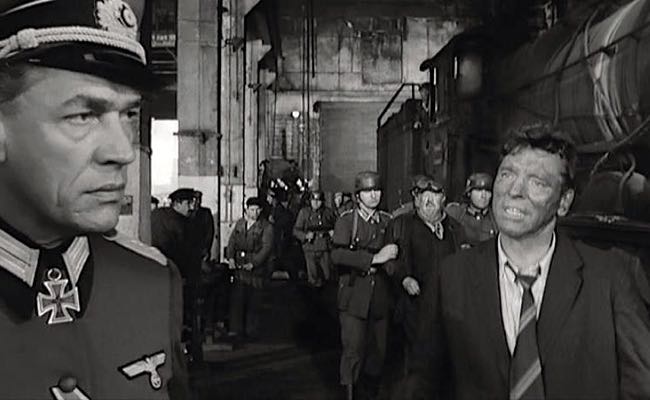
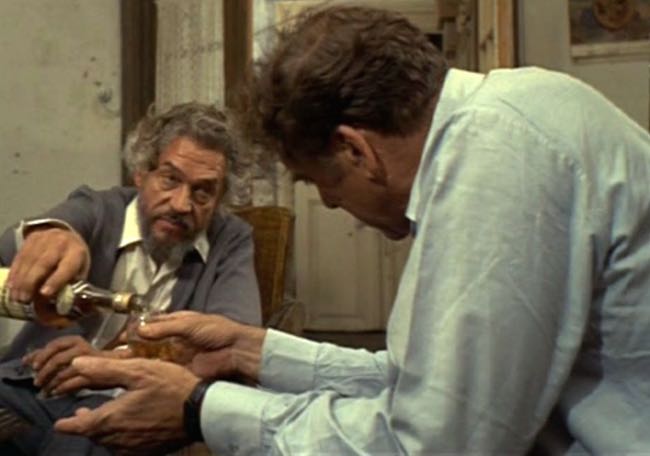
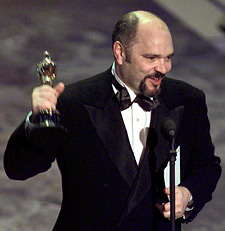
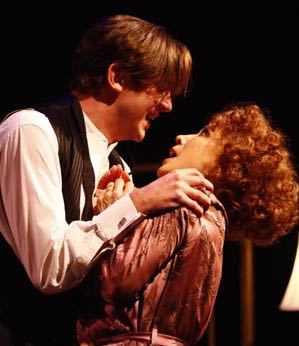
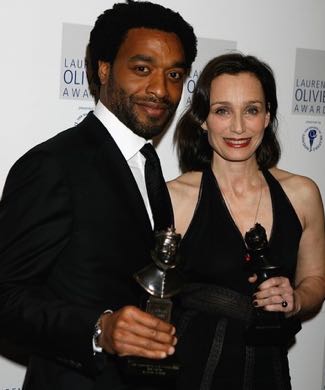
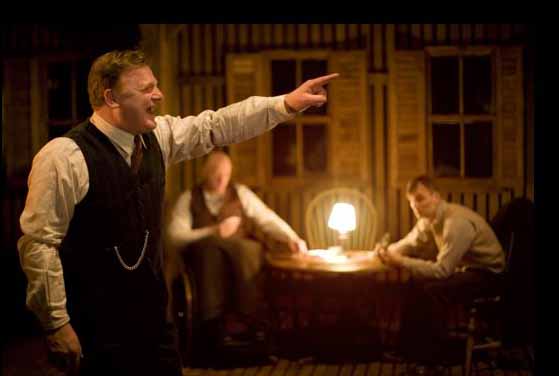
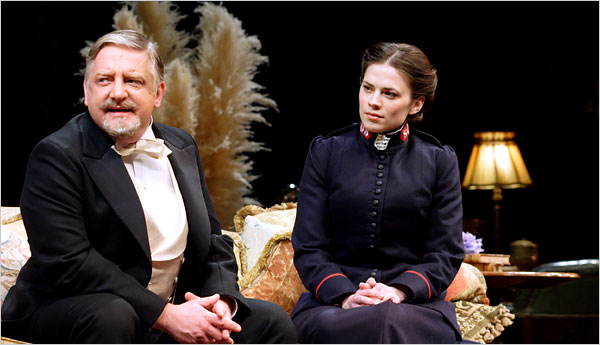
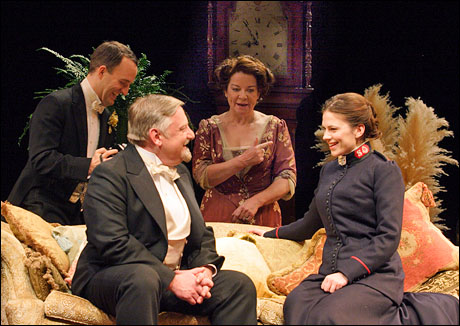
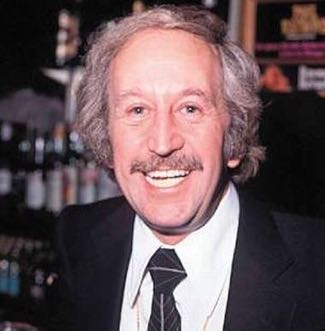
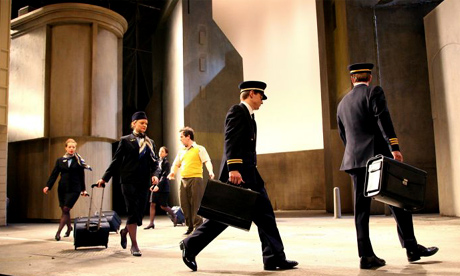
Olivier Awards performances rock the joint
By Ray Bennett
LONDON – The joint was jumping at the Olivier Awards Sunday night with performances from the nominated musicals and a tribute to the works of lifetime achievement honouree Andrew Lloyd Webber.
Most unforgettable was the reaction of the young cast of “The Magic Flute – Impempe Yomlingo” (pictured) who had performed earlier. They were watching from the balcony of the ballroom at Grosvenor House and when the show was named best musical revival, boy, did they sing out in triumph!
It was exhilarating, and a grand advertisement for the Young Vic production, which sets the Mozart classic in South Africa, and is playing at the Duke of York’s Theatre through April 12.
But the one who had the industry crowd standing in applause was Elena Roger (above). The petite Argentine star of the 2006 revival of “Evita” performed “As If We Never Said Goodbye” from “Sunset Boulevard” and blew the roof off.
Richard E. Grant was the droll host of the evening, dripping with sarcasm over many of the corny lines he had to deliver. Presenters included Kevin Spacey and his “Speed-the-Plow” costar Jeff Goldblum who was paired with a delighted Barbara Windsor.
All the winners were gracious although I didn’t hear best actor Chiwetel Ejiofor (“Othello”) name-check his Iago, Ewan McGregor. The best acceptance speech was by surprised choreography winner Toby Sedgwick, who devised the motion of the puppets in the National’s hit “War Horse”, which returns at the end of the year.
Sedgwick observed that working with the faux equines for so long didn’t necessarily turn a person into a horse and then began to snort and stamp his foot.